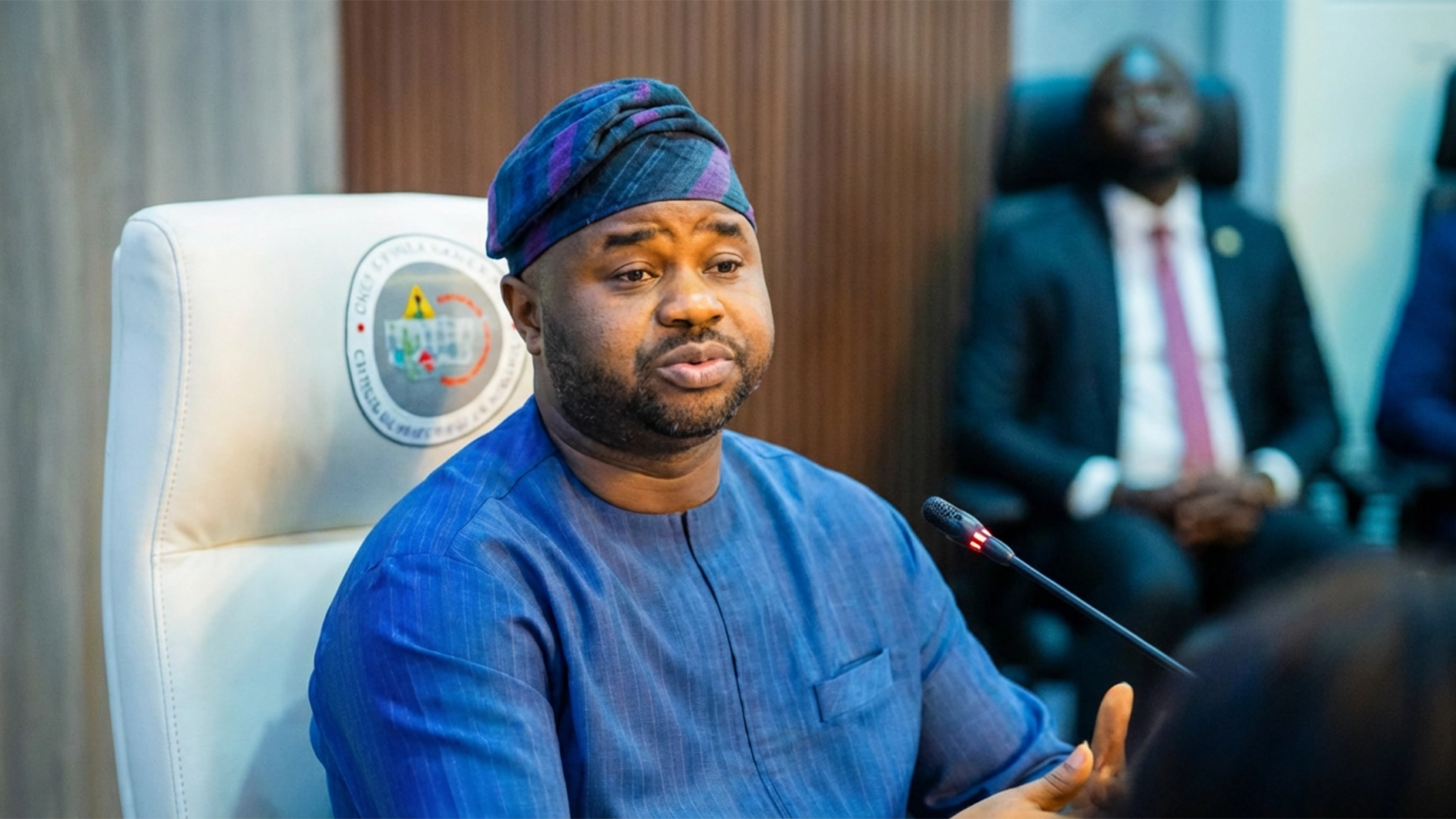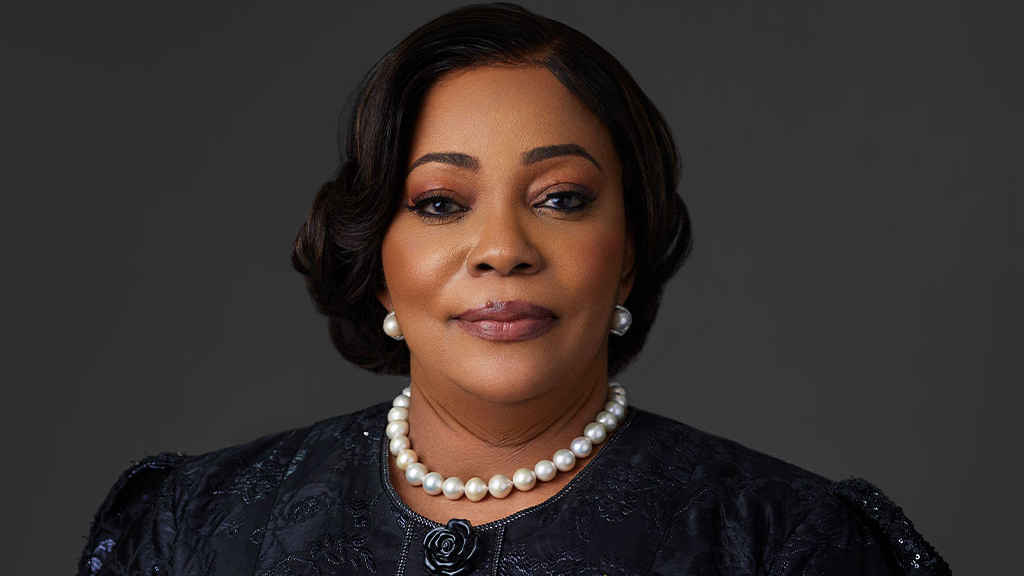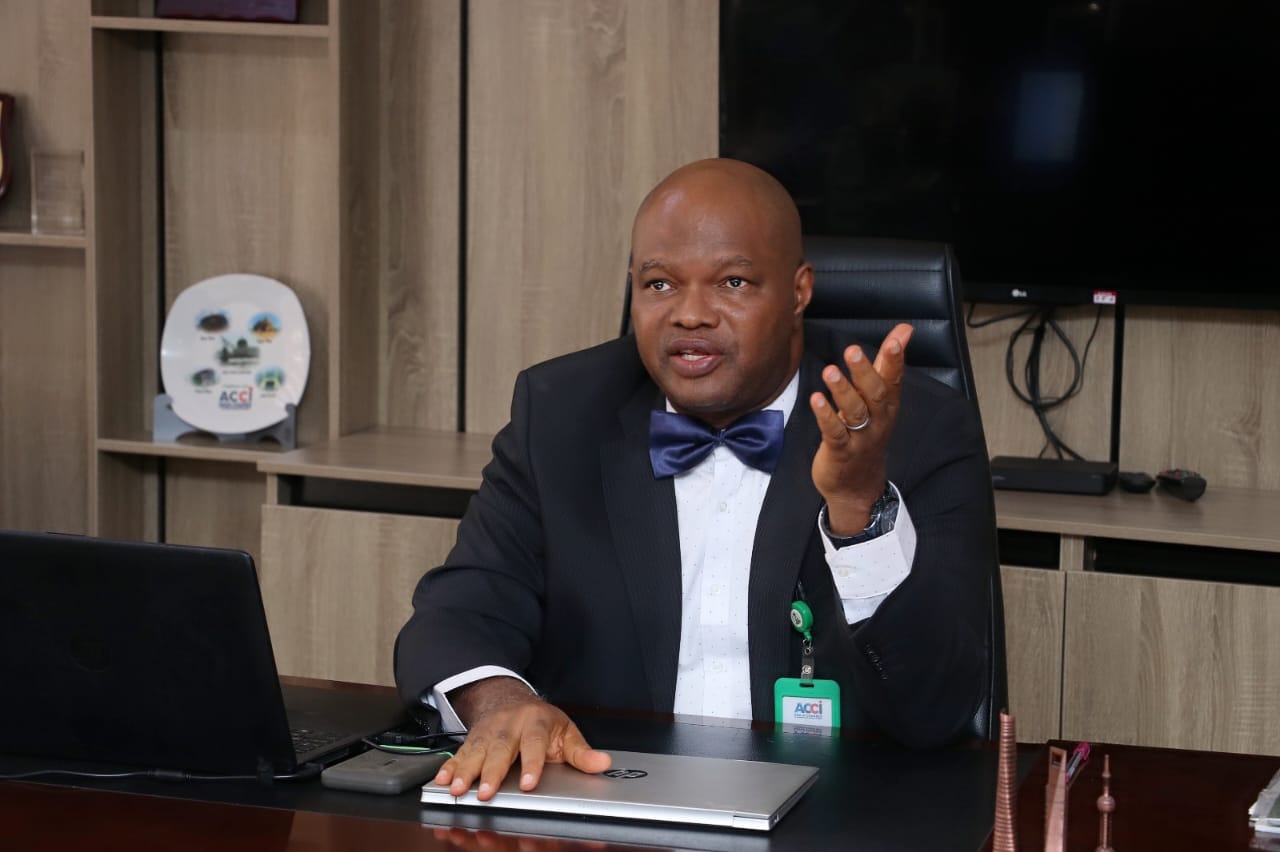
• Country to become third largest mobile market
A yearly investment of about $1 billion is required by Nigeria’s telecommunications sector to improve service offerings.This was revealed at the Financial Derivatives Company’s (FDC) forum, tagged, ‘Telecoms Industry 2.0: The Next Investment Frontier in Nigeria’.
A document, which gave insight into the sector’s journey since the revolution began, realised at the forum, said the deregulation of the industry in the early 2000s marked a rebirth of the telecoms industry. It noted that this shift led to the evolution of the digital economy and catalysed economic growth.
It said between 2003 and 2017, the Nigerian telecoms industry saw by substantial growth, providing investors with high returns. According to it, by 2017, the industry had an EBITA exceeding N780 billion and benefited from a tax holiday for pioneer status. It noted that the market capitalisation of quoted telcos reached N13.14 trillion, making them among the top three most capitalised companies on the NSE.
“However, from 2022, the industry faced challenges as investment in telecoms infrastructure declined. In the past 18 months, the two quoted telcos recorded a combined loss of N743 billion, raising concerns about the sector’s future,” it noted.
Looking ahead, the document noted that the Economic Intelligence Unit (EIU) predicted significant opportunities for the telecoms industry, saying investments in mobile infrastructure, 5G technology and AI are set to drive growth and innovation in the sector.
Accordingly, it said the time is ripe for investors to capitalise on the industry’s potential by focusing on cost management, quality of service and expansion of service coverage.
Keynote speaker, Chief Executive Officer of Chapel Hill Denham, Bolaji Balogun, who said the sector needed about $1 billion yearly to improve services, noted that there are more grounds to cover for another 25 years.”
According to him, there is still a need for complete or near-universal coverage, service quality, increased smartphone penetration, improved broadband quality and penetration, among others. He said the industry’s carbon footprint remains far too large and needs to be reduced significantly.
Balogun, who said talent pool development is limited largely in big operators, noted that “we cannot secure this nation without improving our digital infrastructure. Our digital infrastructure has the power to change Nigeria’s economy. While significant investment has been made in the sector, there is still much work to be done.”
Referencing Theglobaleconomy.com, Worldometer, Goldman Sachs Path to 2075, he said the whole ecosystem needed to address scale, stressing that Nigeria’s population is projected to become the fifth-largest country in the world before 2075, “in less than 10 years, Nigeria will be ranked the third largest mobile market globally.”
Looking ahead, FDC said Nigeria’s share of the global telecoms investment is estimated at 0.6 per cent while its share of the global population is approximately three per cent. It noted that the global telecoms investment is projected to hit $342 billion in 2027.
“If Nigeria can increase its share of global telecoms investment to at least one per cent, this could result in $3.5 billion, boosting forex inflow into the country and productivity, which is suitable for employment, and overall economic growth. For Nigeria to regain its lost position as Africa’s largest economy there is an urgent and imperative need to press the reset button and revive this sector. Time is not on the side of Nigeria,” FDC stated.
Rallying government’s support for the industry, FDC noted that nominal figures of revenue, taxes, and dividends look good but mask a major underlying threat to an industry in decline and an economy that might be faltering into decay.






